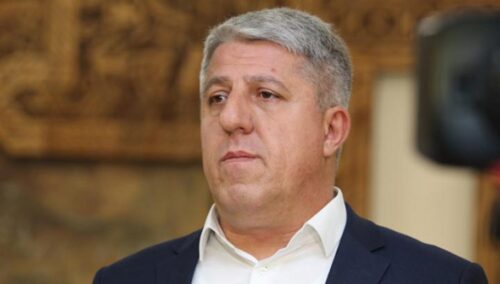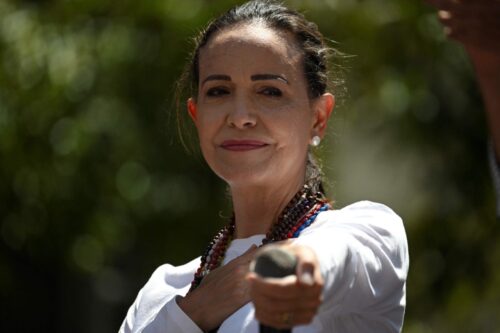
The worsening trend in Azerbaijan-Russia relations highlights the steady erosion of trust, says The Jamestown Foundation
Unless Russia takes meaningful steps to address Azerbaijan’s grievances and rebuild mutual trust, the bilateral relationship is likely to remain stalled, characterized by cautious engagement and growing rupture, The Jamestown Foundation writes.
As noted, օn May 7, Russian presidential aide Yury Ushakov announced that Azerbaijani President Ilham Aliyev would not travel to Moscow to attend the May 9 Victory Day parade. Azerbaijani media attributed the visit cancellation to a series of negative developments in Russia-Azerbaijan relations since an Azerbaijani airplane crash in December 2024.
The last-minute cancellation of Aliyev’s visit despite many high-level, public invitations highlights the diplomatic importance of the decision.
Azerbaijani media outlets close to the government cited a series of negative developments in Russia-Azerbaijan relations since the December 2024 airplane crash, likely caused by unintentional Russian military fire, as the reason for the visit’s cancellation. Chief among these reasons was the lack of a Russian investigation into the December crash and the failure to hold those responsible accountable. Following the incident, Aliyev addressed the media, demanding a thorough investigation and compensation from the Russian side. He stated that Baku’s demand for an official apology had been met after Putin apologized during a telephone call, adding that Baku is awaiting the fulfillment of the other demands. Moscow, however, has yet to follow through on the other demands.
Azerbaijani media cited two additional reasons for Aliyev’s refusal to attend the parade. First, in early May, the Azerbaijani Parliament’s Commission on Countering Hybrid Threats attributed a February cyberattack on Azerbaijani media outlets to Russia. The head of the commission, Ramid Namazov, described the incident as a “politically motivated cyber intervention” and claimed it was a retaliatory operation by Russia in response to Azerbaijan’s February 3 closure of the Russian Information and Cultural Center, commonly known as the Russian House, as well as rumors about the potential closure of the Rossiya Segodnya (Sputnik) representative office.
In a separate incident in May, Russian authorities stopped Azer Badamov, a member of the Azerbaijani Parliament, from visiting Russia for celebrations of the 102nd anniversary of the birth of the former Azerbaijani President Heydar Aliyev, sending him back to Baku from a Moscow airport. RIA Novosti, a Russian state-owned domestic news agency that Azerbaijan banned in May 2022, said that Badamov was denied entry because of his “anti-Russian” and “Russophobic” statements. Azerbaijan’s Ministry of Foreign Affairs called this “an unfriendly step” and demanded “a detailed explanation” concerning the incident.
The trajectory of Azerbaijan-Russia relations in recent months underscores a steady erosion of trust exacerbated by Moscow’s failure to respond adequately to Baku’s demands concerning the airplane crash. While the diplomatic fallout from this crisis has not yet translated into overt policy shifts or ruptures in formal cooperation, the symbolic gestures and rhetorical signals from both sides reveal a growing strain. Azerbaijan’s decision to cancel Aliyev’s participation in the Victory Day parade despite multiple high-level invitations is a clear indicator of the discontent brewing in Baku. The cancellation reflects Azerbaijan’s broader dissatisfaction with Moscow’s perceived condescension and unwillingness to treat Baku as an equal partner as promised in their 2022 Declaration on Allied Interaction.



